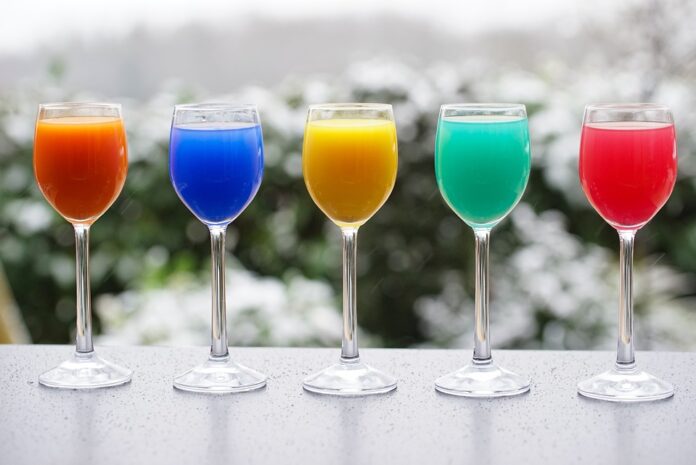Beverage Formulation Trends in Functional, Fortified, and Low Sugar Products
Introduction
In recent years, the beverage industry has seen a significant shift towards functional, fortified, and low sugar products. Consumers are becoming more health-conscious and are seeking beverages that not only taste good but also offer added nutritional benefits. This has led to a surge in the development of beverages that are formulated with specific functional ingredients, fortified with vitamins and minerals, and contain reduced sugar content. In this report, we will explore the current trends in beverage formulation within these categories.
Functional Beverages
Functional beverages are drinks that contain ingredients known to provide specific health benefits beyond basic nutrition. These ingredients can range from probiotics and prebiotics to antioxidants, adaptogens, and botanical extracts. Functional beverages are gaining popularity among consumers looking for convenient ways to improve their health and well-being. According to Market Research Future, the global functional beverage market is expected to reach $93.68 billion by 2023, growing at a CAGR of 6.5% from 2017 to 2023.
Companies like Suja Juice, Kombrewcha, and Recess have been at the forefront of the functional beverage trend, offering products that cater to specific health needs such as gut health, stress relief, and energy enhancement. These companies are constantly innovating and introducing new ingredients and formulations to meet the evolving demands of consumers.
Fortified Beverages
Fortified beverages are drinks that have been enriched with additional vitamins, minerals, or other nutrients to enhance their nutritional value. These beverages are targeted towards consumers who are looking to boost their intake of essential nutrients in a convenient and enjoyable way. The global fortified beverage market is projected to reach $32.35 billion by 2025, with a CAGR of 6.8% from 2019 to 2025, according to Grand View Research.
Companies like Coca-Cola, PepsiCo, and Nestle have been investing heavily in fortified beverages, introducing products that are fortified with vitamins, minerals, and other bioactive compounds. These companies are leveraging their extensive research and development capabilities to create innovative formulations that address specific health concerns and cater to diverse consumer preferences.
Low Sugar Beverages
Low sugar beverages are drinks that are formulated with reduced sugar content to appeal to consumers who are looking to reduce their sugar intake for health reasons. With the rise of obesity and diabetes rates worldwide, there is a growing demand for beverages that are lower in sugar and calories. According to Statista, the global market for low sugar beverages is expected to reach $13.4 billion by 2024, growing at a CAGR of 8.2% from 2019 to 2024.
Companies like Zevia, Sparkling Ice, and Hint Water have capitalized on the low sugar trend by offering products that are sweetened with natural alternatives like stevia, erythritol, and monk fruit. These companies are tapping into the growing consumer awareness around the negative health effects of excessive sugar consumption and are providing healthier alternatives that still deliver great taste.
Conclusion
In conclusion, the beverage industry is witnessing a transformation driven by the increasing demand for functional, fortified, and low sugar products. Companies are responding to these trends by developing innovative formulations that cater to the evolving needs and preferences of consumers. As the market continues to grow, we can expect to see more new product launches, collaborations, and acquisitions within these categories. It is clear that the future of beverages lies in products that not only taste good but also offer added health benefits and nutritional value.




